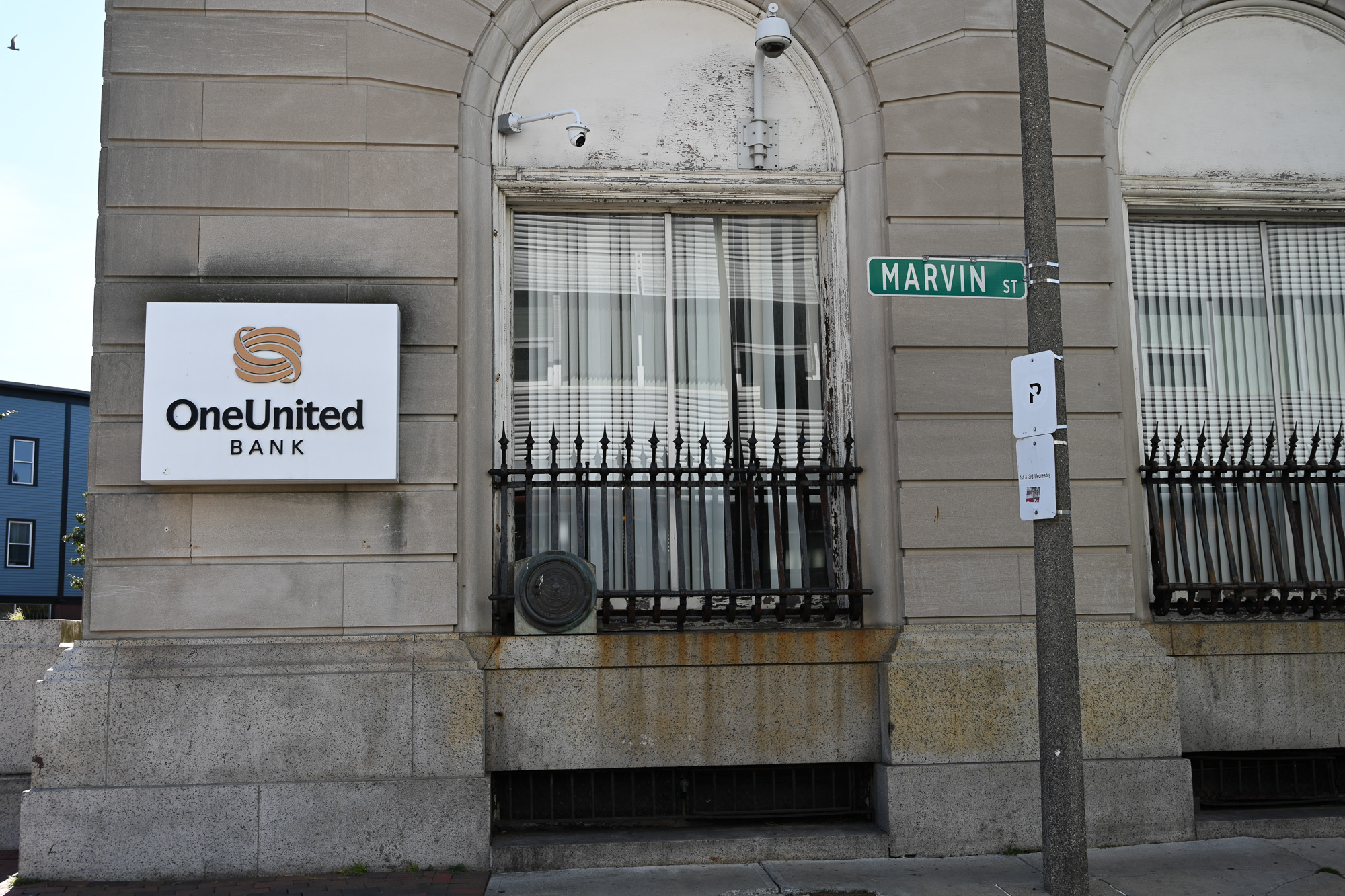The Boston City Council designated August as Black Business Month on Aug. 29 with hopes of increasing visibility for Black-owned businesses and advancing racial and economic equity.

“The Council encourages residents, institutions, and partners to support Black-owned businesses by shopping locally, dining out, investing, and raising awareness throughout the month and beyond,” according to a newsletter from the City of Boston.
Massachusetts is home to roughly 545,000 white-owned businesses and 50,000 Black-owned businesses, according to a 2023 report from the U.S. Small Business Administration’s Office of Advocacy.
In 2022, Black-owned businesses made up 5.4% of all privately owned businesses in Boston, according to data from the U.S. Census Bureau’s Annual Business Survey.
“I hope that small businesses, especially Black small businesses, know that the city is here to support them as they start, as they grow, as they develop,” said Aliesha Porcena, director of small businesses for the City of Boston. “I hope that one day opening a Black-owned business becomes the norm.”
The resolution has been announced at a turbulent time for small businesses, as many struggle to mitigate the impact of President Donald Trump’s tariffs, which have threatened jobs, driven up prices and increased unpredictability across industries.
Policy experts claim these tariffs could disproportionately impact Black-owned businesses, according to Capital B News.
COVID-era lockdowns triggered a 41% decline in the number of Black business owners in the U.S., suggesting Black businesses are more vulnerable to dips in the economy, according to Bloomberg.
Porcena said the city’s small businesses — Black-owned and not — are struggling to retain staff and navigate spiking costs.
“Being able to pivot and adapt has just been very challenging for businesses,” she said.
The City provides consultancy for small businesses through the Technical Assistance Program, which aims to help owners adjust and improve their business models, Porcena said.
“Boston is a city of opportunities,” she said. “A lot of the work that we do is creating opportunities for these small businesses so they can grow, so they can develop, and that’s all in an effort to address the racial wealth gap.”
OneUnited Bank, one of the businesses named in the resolution, was born out of a merger acquisition between four banks in 2001. It has since grown into the nation’s largest Black-owned bank.
Williams stressed the bank’s role in uplifting underserved communities. Last year, more than 60% of the bank’s affordable rental housing loans were granted to low-to-moderate income clients, according to their 2024 social impact report.
Williams said the resolution is an opportunity to highlight the success of businesses like OneUnited Bank.
“We do provide jobs in our community,” Williams said. “Black businesses are more likely to hire from [the] Black community.”
Williams also acknowledged that negative stereotypes targeting Black business owners persist.
“There is this belief that Black people are not good with money, that we spend too much or that we don’t make good money decisions,” Williams said. “That’s really far from the truth.”
In a statement to The Daily Free Press, City Council President Ruthzee Louijeune emphasized the importance of ensuring the city’s continued support for Black-owned businesses.
“The resolution comes at a critical time, recognizing the essential role Black entrepreneurs play in strengthening Boston’s economic vitality,” she wrote. “Beyond acknowledgement, it is intended to bring greater visibility to Black-owned businesses that create jobs, expand opportunity, promote generational wealth and build communities in our city.